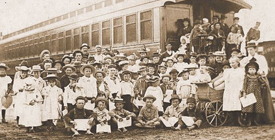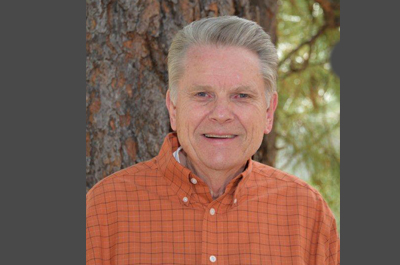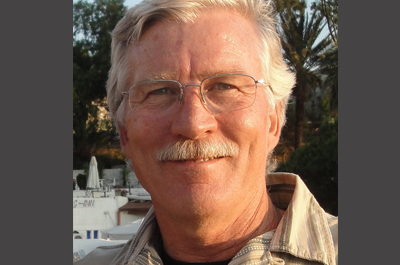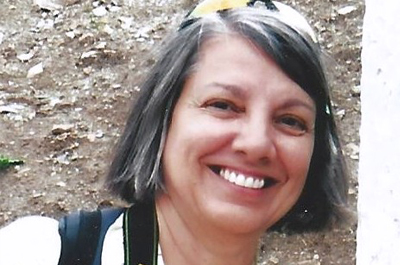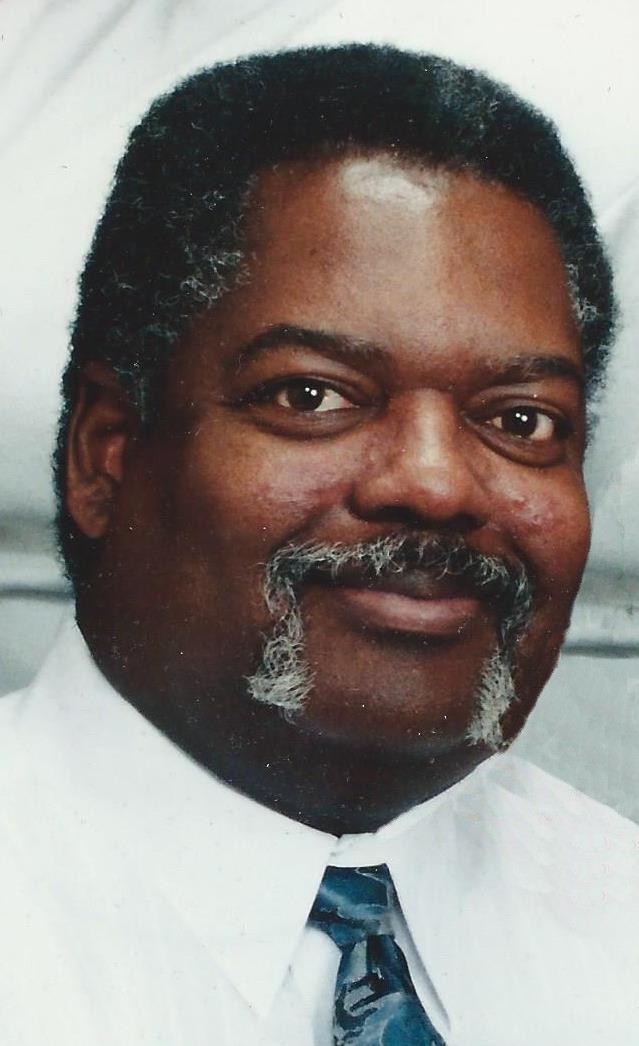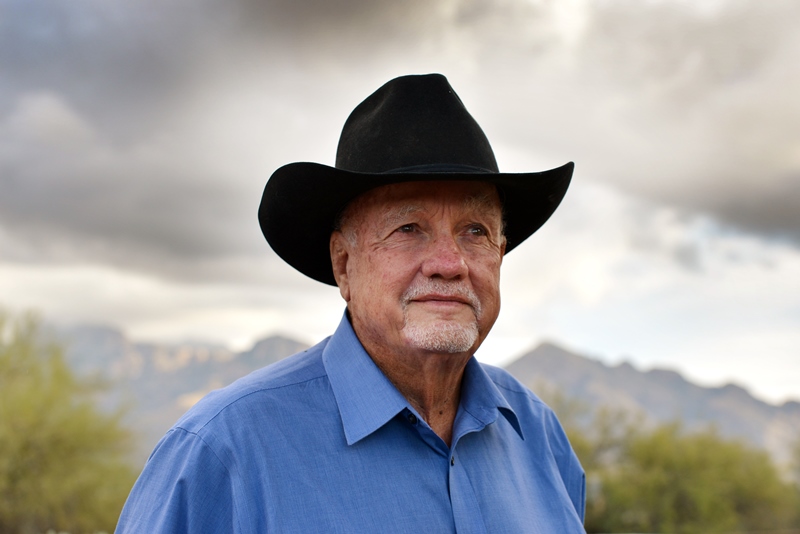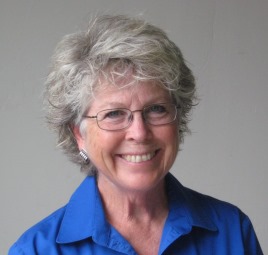Bands of Sisters: U.S. Women’s Military Bands during WW II – Sun Lakes
Ed Robson Branch Library 9330 E. Riggs Rd., Sun Lakes, AZ, United StatesThe novelty of these bands—initially employed by the U.S. military to support bond drives—drew enough spectators for the bands to be placed on tour, raising money for the war and boosting morale. The women, once discharged at the war’s end, refused to fade into post-war domesticity. Instead, the strong bond fostered by youthful enthusiasm and […]


